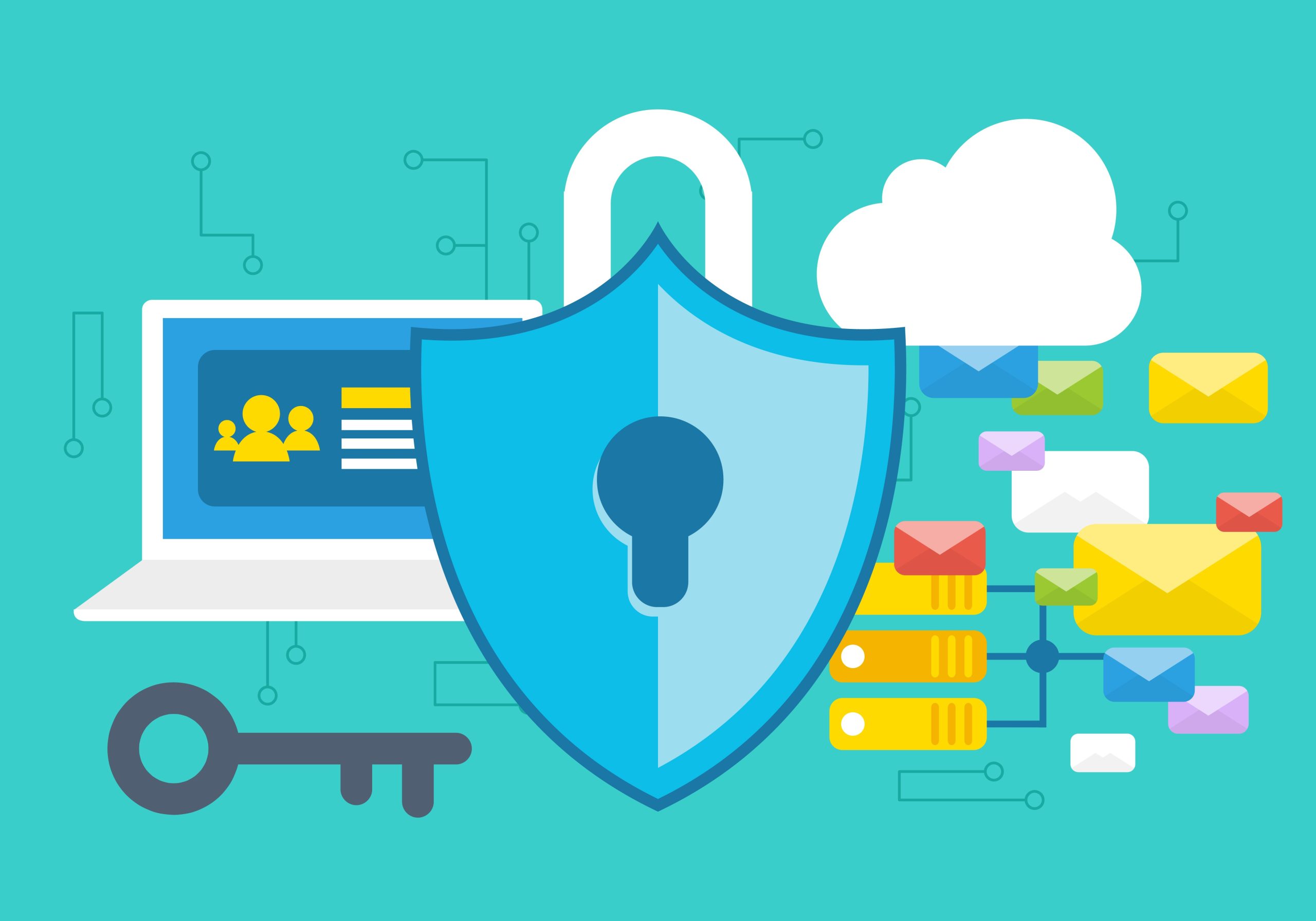
Protecting your data is more important than ever, and local file encryption plays a significant role in ensuring your personal or business information remains secure. However, misconceptions about how it works can prevent people from using it effectively. Let’s bust some of the most common myths about local file encryption to give you a clear understanding of its value.
1: Encryption Is Only for Tech Experts
Many people think encryption is too complex for everyday use, but that’s not true. Modern encryption tools are designed to be user-friendly, even for beginners. Setting up local file encryption often involves just a few simple steps, like selecting the files you want to secure and choosing a password. You don’t need to be a tech wizard; just follow clear instructions, and your data will be protected.
2: Encryption Slows Down Your Devices
Another common belief is that encryption will make your computer or smartphone unbearably slow. While it’s true that encryption adds a layer of security, it doesn’t affect your device’s performance for everyday tasks. Most encryption tools are optimized to run smoothly in the background. Unless you’re encrypting massive amounts of data at once, you likely won’t even notice any difference.
3: Encrypted Files Are Completely Hack-Proof
While encryption is highly effective at protecting data, it doesn’t make your files invincible. Hackers can still try to access your files if they obtain your password or exploit weak security settings. That’s why it’s crucial to use strong, unique passwords and keep them safe. Encryption is a strong defense, but it works best when paired with other security practices.
4: All Encryption Methods Are the Same
Not all encryption methods provide the same level of protection. Some use older algorithms that are easier for attackers to break, while others rely on more advanced techniques. When choosing a tool for local file encryption, look for one that uses up-to-date encryption standards, such as AES-256. This ensures your data is protected with the latest technology.
5: Once Encrypted, Files Stay Secure Forever
Encryption isn’t a one-and-done solution. If the encryption tool you’re using becomes outdated or your password is compromised, your files could be at risk. Regularly updating your software and reviewing your security measures is essential to maintaining strong file protection. Security threats evolve over time, so staying proactive is key.
6: Free Tools Are Just as Good as Paid Ones
It’s tempting to use free encryption tools, but they often come with limitations. Paid tools typically offer stronger security, better customer support, and frequent updates. Free versions might lack advanced features or may even collect your data, defeating the purpose of using encryption in the first place. Invest in a trusted tool to ensure your files are truly secure.
Conclusion: Clearing Up the Confusion!
Understanding the truth about local file encryption can help you make informed choices to safeguard your data. It’s not just for tech professionals, and with the right tools, it doesn’t have to be complicated. By learning about the file encryption components and how they work together, you can confidently protect your personal and business information. Don’t let myths hold you back—local file encryption is a simple and powerful way to keep your data safe in today’s digital age.





Leave a Reply